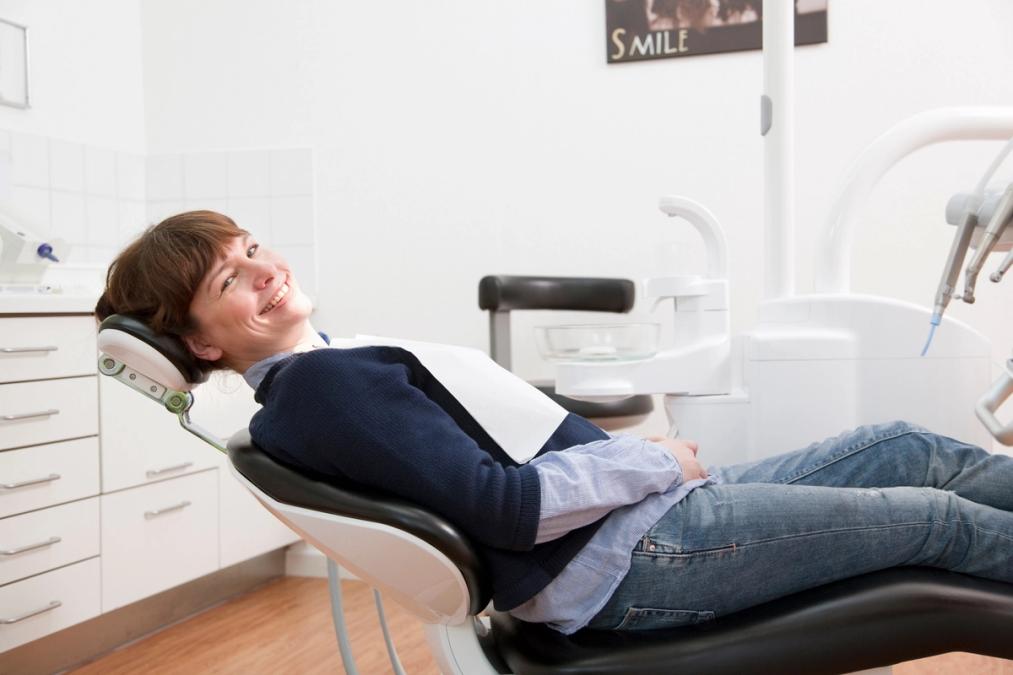
Wisdom Teeth Removal: When Is It Time to Say Goodbye?
Published on Jul 15, 2025 | 4 minute read

Ever feel a strange pressure in the back of your mouth and wonder, “Are those my wisdom teeth coming in?” You’re not alone. For many teens and adults, these third molars make an entrance at the most inconvenient time—and not always with a warm welcome.
Wisdom teeth removal is one of the most common oral surgery procedures in dentistry, but knowing whether or not you need them out can be a little murky. Let’s take a close look at why these teeth can become problematic and how oral surgery can bring lasting relief.
What Are Wisdom Teeth, Anyway?
Wisdom teeth are the last set of molars to develop—usually showing up between ages 17 and 25. Most people have four of them: two on top, two on bottom. Back in ancient times, they helped our ancestors chew rougher diets. But with modern foods and smaller jaws, there’s often just not enough room for them to come in properly.
When there’s not enough space, these molars may become:
- Impacted (trapped under gum or bone)
- Partially erupted (only part of the tooth breaks through)
- Misaligned (growing sideways or pressing into neighboring teeth)
Any of these scenarios can cause discomfort, damage, or infection.
Signs You Might Need Wisdom Teeth Removal
How do you know when it’s time to remove them? Keep an eye out for:
- Jaw pain or stiffness near the back of the mouth
- Swelling or redness in the gums
- Persistent headaches or earaches
- Bad breath or unpleasant taste
- Difficulty opening your mouth fully
Sometimes, you may have no symptoms at all—but X-rays reveal that the teeth are impacted or damaging other structures silently.
According to the American Association of Oral and Maxillofacial Surgeons, about 85% of people eventually need their wisdom teeth removed. It’s often better to remove them before problems escalate—especially during the late teens or early 20s, when healing is easier.
What Happens During the Procedure?
Wisdom teeth removal is a routine oral surgery performed under local anesthesia, sedation, or general anesthesia—depending on the complexity and patient comfort.
Here’s a quick look at the process:
- Assessment: X-rays help map the position of the teeth and determine the best approach.
- Extraction: The oral surgeon makes a small incision to access the tooth. If it’s impacted, it may be broken into pieces before removal.
- Stitches and Recovery: Sutures may be placed to help healing. Recovery typically takes 3 to 7 days with some swelling, soreness, and dietary adjustments.
Most patients report significant relief after the healing period, especially if the teeth were causing pain or crowding.
The Benefits of Removing Wisdom Teeth
According to Harvard Health Publishing, preventive removal can spare patients from future complications like gum infections, cysts, and damage to adjacent molars.
Here’s what you gain:
- Prevents crowding of existing teeth
- Reduces the risk of cysts, decay, and gum disease
- Easier recovery when done at a younger age
- Improved oral hygiene in the back of the mouth
- Relief from chronic jaw pain or bite issues
What If My Wisdom Teeth Aren’t Bothering Me?
This is a common question—and a valid one.
Some people never experience issues with their wisdom teeth. If they come in straight, healthy, and easy to clean, you may not need surgery. However, regular dental exams and imaging are key to monitoring their position over time.
Your dentist or oral surgeon will weigh the risks and benefits of removal based on your specific case.
Time to Decide?
Whether your wisdom teeth are already acting up or just starting to show on X-rays, getting ahead of the problem can save you pain—and expense—down the road.
Think your wisdom teeth might need to come out? Call Dimmitt Dental at 806-681-4135 to book your oral surgery consultation in Dimmitt, TX. We’ll help you make the right call for your comfort and long-term oral health.
